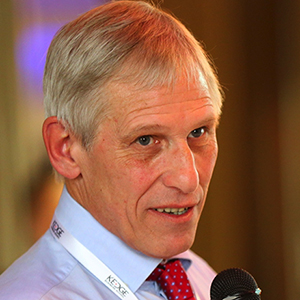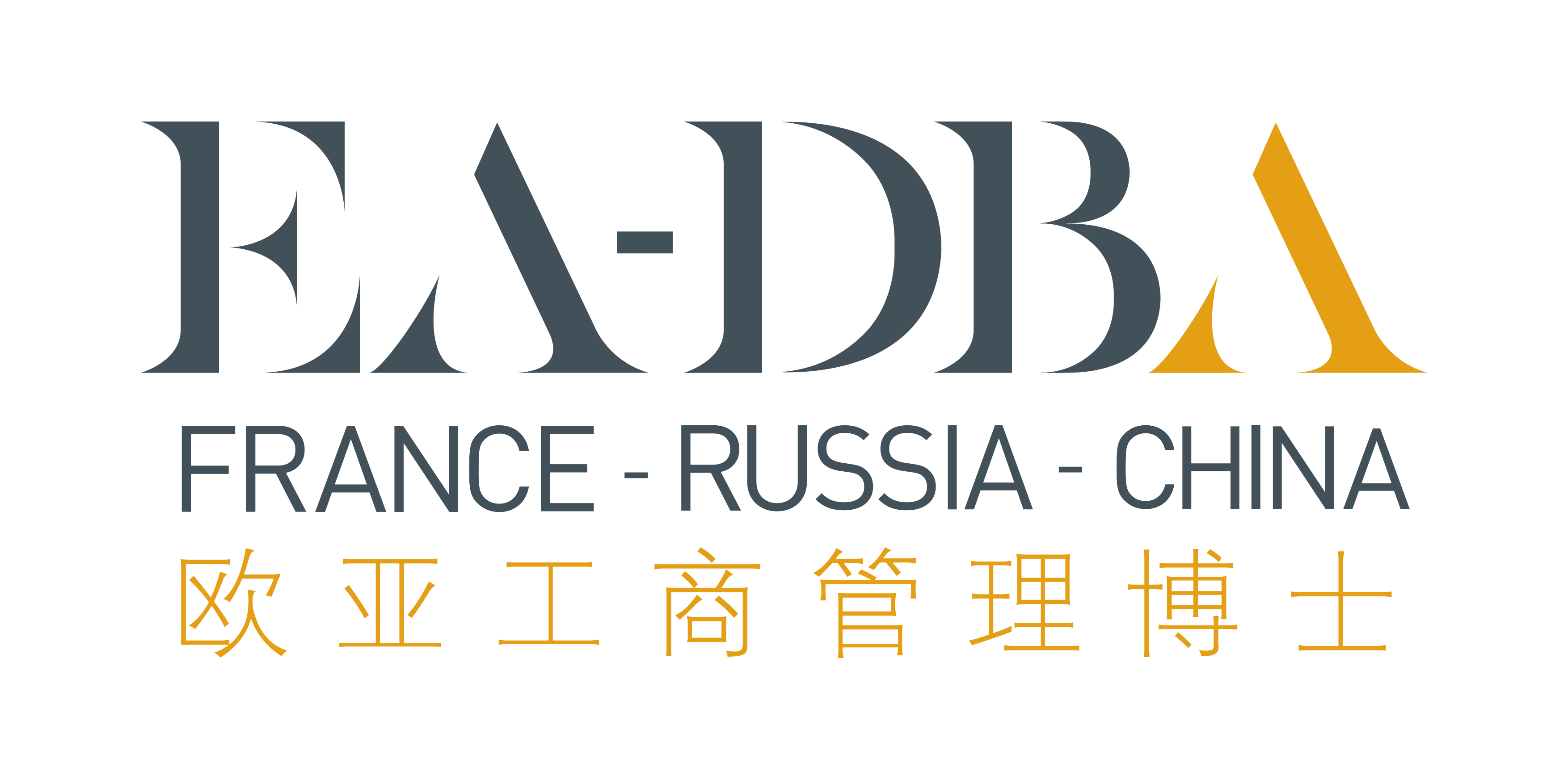Q: Based on your personal experience of teaching in Europe, U.S and China together with your research interest, what do you think is the difference between marketing methods of fast-moving consumer goods and educational programs?
A: Compared to FMCGs, it is more difficult for a consumer or participant to assess the quality of an educational program. Business schools all resemble in terms of professors, courses and students. Therefore, we need to communicate and prove our ability to deliver superior quality. For a doctorate program, one important difference is the design and content of the program you offer, and the second is the quality of the faculty. Where do professors publish, do they target top academic journals or not? The international character of your program is also important. I belive these are key assets of our EA-DBA program.
Q: Do you think that as an experience-oriented product, an education brand will be influenced by students?
A: Yes. Educational products have limited communication tools, and we strongly rely on the positive experience of participants who quickly spread positive word of mouth and their enthusiasm. Alumni are also very important to the program’s reputation. The university or the business school itself is an umbrella brand. However, a business school carries many programs. The reputation of a particular program such as the EA-DBA is of key importance.
Q: How long does it take to establish an educational brand?
A: Sometimes it takes 100 years, or even many centuries to establish a University brand. However, even if a University has been around for a long time with a strong umbrella brand, products and programs are launched, and some succeed, and some fail. A quality program can enjoy awareness and reputation in a matter of years. However, reputation may also quickly vanish. High quality in all its dimensions is the key.
Q: Does supply create demand or vice versa for an educational institution?
A: Supply drives activities. Programs and the way you deliver them are changing all the time. But it is up to us, academic and program managers, to understand the changes in the business world, the needs of companies and managers, and how can we contribute to their knowledge and development. Look at the EA-DBA we are now delivering at KEDGE Business School.Our analysis is that a manager or an entrepreneur may well learn decision making skills through an MBA or an EMBA degree. But beyond decision making, what we know is important is to have an open mindset, an ability to truly analyze situations, to think differently, and to question the routine models which are currently used in business.
Q: The EA-DBA is a cross continent program. In terms of differences of nationality, gender and religion, facing so many challenges, how to interpret globalization of educational institutions from one culture to another?
A: We do believe the universality of science, of in the way you reason and tackle scientific problems. These rules should be followed wherever you are from and whatever your background is. The cultural problem may exist in the interaction between individuals. But they can be fixed easily by managing and building upon individual differences, and by stimulating team spirit. I like to work with different people around the world. When we work, we talk about management science, methods, state of knowledge and how to solve management problems. Therefore, beyond culture and beyond language, we are on the same track.
Q: Social science in China is left behind. Chinese are not used to critical thinking and to challenging current models. Do you think there is any difference between Chinese participants and students from other continents?
A: Firstly, there is a process of auto-selection. People who come into our EA-DBA program are naturally curious. They want to learn, engage in new thoughts, and gain knowledge. Even if they have a mind set beforehand, they are very open to novelty. I do not feel that much of culture differences here. Everybody need to be very critical when doing research. Asians may be a little different, but that difference disappears very quickly with an open mind.
Introduction of Prof. Dwight Merunka
Dwight MERUNKA is Professor of Marketing at Kedge Business School and at Aix-Marseille University (IAE Aix-Marseille). He was director of research and is now director of the EA-DBA program at Kedge Business School. He was named President of the national committee for the selection of University professors by the French Ministry of Research and Higher Education.
Prof. Merunka focuses on marketing, especially on branding and consumer behavior, trying to understand the influence of branding on brand-consumer relationships, and on consumer behaviors such as loyalty, resistance to the offers of competitors, etc.
He also loves to engage in cross-cultural research, trying to understand differences in consumer behavior across cultures and countries. That's why he works a lot with both Chinese and African colleagues.
Thirdly, he tries to understand the impact of marketing and consumption on consumers' well-being rather than just on their behaviors.










